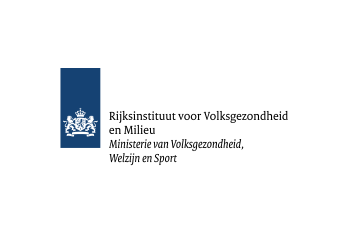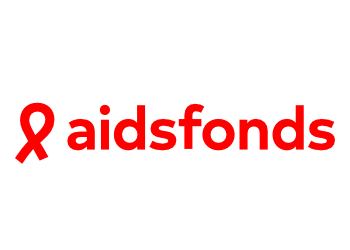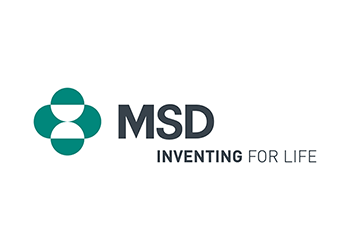The war in Ukraine has caused many people to flee to the Netherlands. This group includes people with HIV. The Hiv Vereniging (Dutch HIV Association) is there for all HIV-positive people in the Netherlands, including this group. Together with AFEW International we started a project to support this group. In this blog we provide the latest information for people with HIV from Ukrainian in the Netherlands.
Latest update: 2 July 2022
Щоб отримати інформацію українською мовою, натисніть тут. Wil je deze informatie in het Nederlands? Klik hier.
I fled Ukraine and am now in the Netherlands, am I entitled to medical care?
Yes. Based on EU agreements, people who have fled Ukraine, or who cannot return to their country, are entitled to shelter, financial support and are allowed to work in the Netherlands. They are also entitled to medical care, including HIV care.
I fled Ukraine and have HIV. Can I get HIV care?
Yes. HIV care is part of the medical care in the Netherlands and everyone in the Netherlands is entitled to this care.
How do I get access to HIV care and HIV medication?
Please contact directly the HIV outpatient clinic in the afdeling Infectieziekten (Infectious Disease Department) at one of the 24 HIV treatment centres. They will make an appointment for a consultation with an HIV practitioner or HIV nurse. During this consultation, you can ask questions about your own HIV diagnosis, about HIV care in the Netherlands and you will receive a new prescription for HIV medication. An overview of all the hospitals in the Netherlands with an HIV treatment centre is available here.
Which documents do I have to present to prove that I'm allowed to get free medical care?
If you have a passport and a Citizen's Service Number (BSN), you show this when you need care. The costs will then be paid from the Medical Care Regulations for Displaced persons from Ukraine (RMO). You do not have to do anything for this and you do not have to pay anything.
If you don't have a passport or BSN (yet) the CAK will pay for your care. Also in this case you do not have to do or pay anything. The care providers arrange this with the authorities.
Here you will find more information, also in Ukrainian.
Which documents do I need to prove that I have HIV?
You do not need proof of this. If possible, bring your medical file from an HIV clinic in Ukraine, so that you can show which HIV medication you are taking.
And what if I don't have any documents from my HIV clinic in Ukraine?
That's not a problem. Please indicate that you received HIV care, and perhaps you can provide the name of your HIV treatment provider and/or hospital in Ukraine so that they can be contacted if necessary. Alternatively, if you don't have any documents, you can present picture or the package of your medicines.
I only have a few pills left over from Ukraine, what should I do?
It's important to make an appointment with one of the 24 HIV treatment centres as soon as possible. An HIV practitioner can prescribe new medication for you. You can get new medication with this prescription at any pharmacy.
What about the costs of my HIV care?
No problem. If you have a passport and a Citizen's Service Number (BSN), the cost of HIV care and HIV medication will be reimbursed from the RMO. You do not have to do or pay anything for this.
If you do not (yet) have a passport or BSN, the CAK will reimburse the costs of care. In that case, too, you do not have to do or pay anything. You can find more information here.
What about privacy in healthcare?
In the Netherlands there is a general privacy law and the data in your medical dossier is protected and not accessible to others. You can therefore visit a family doctor or an HIV treatment centre without fear. All healthcare professionals have a duty of confidentiality and are not allowed to share your medical information with others.
I'm in an AZC (Refugee Centre), how can I get HIV care?
Possibly you have fled Ukraine and ended up in an AZC in the Netherlands. In that case you should report to the medical service at the AZC, and they will refer you to an HIV treatment centre. The costs of HIV care and HIV medication are reimbursed from the Medical Care Regulations for Asylum Seekers (RMA).
Where can I go for general healthcare questions?
For general healthcare questions, it is best to make an appointment with a family doctor near you. You can also go to a mobile medical centre run by Dokters van de Wereld (such as the Healthcare Bus), to the Rode Kruis (Red Cross) or to a Straatdokter (Street Doctor), like the one at the Pauluskerk in Rotterdam. If necessary, these doctors can supply you with a referral letter to the appropriate healthcare institution.
May I schedule an appointment with any family doctor?
Yes, you may. It is best to do this in the area where you are staying. Keep in mind that many general practices are very busy or full and therefore do not accept new patients. Perhaps you will get a referral to another family doctor in the area. In a group practice with several family doctors there are often more possibilities, or see if you can make an appointment with the family doctor of friends or acquaintances.
May I come to the family doctor or HIV specialist with a friend or family member?
Yes, that’s possible. If you want you can bring someone to accompany you, for instance a friend or family member, to give you support you need. If you want to discuss personal and private matters with your doctor they can always wait outside for a moment.
If I don't have anyone to accompany me during the medical appointment, could you support me?
Your best bet is to contact our Service Point. Together we can see if we can help you. Usually we do not accompany people to their hospital appointment, but there are exceptions. In addition, we work with AFEW International and they may also offer help for people with HIV from Ukraine. You can mail to This email address is being protected from spambots. You need JavaScript enabled to view it. or call 020 - 689 25 77, available on Monday, Tuesday and Thursday from 14:00 to 22:00. You can also chat via Whatsapp: 06 45 99 42 19.
What can I do if I can't speak either Dutch or English?
Explanation of HIV care – in understandable language – is important to people with HIV. In particular, because HIV care can also involve privacy issues such as discussing sexual health. An interpreter can provide support by explaining in your own language what exactly is involved. Be sure to bring this up on time: prior to an initial consultation, or before a follow-up consultation. Additional written information can also be useful for going over everything again at a later date, as can visual aids such as photos and illustrations.
Who will arrange for an interpreter?
Your health care provider can arrange for an interpreter to speak Ukrainian or Russian at no cost through a central telephone number based on the new interpreter arrangement for people from Ukraine. GP practices can request an interpreter by calling 088 25 55 222. All other healthcare, public health and Social Support Act (WMO) professionals via 020 38 08 184. If an interpreter is not available, an interpreter can be reserved for a later time.
Still need someone to translate immediately?
Request a language support person if no interpreter is available. For simple requests for help, the interpreting services can offer a language supporter. These are people who have had a short training to translate.
Can I receive an invitation to the HIV clinic (even in Dutch) by e-mail instead of by phone (because I don't know English and Dutch)?
Normally you will get a confirmation via email or text message. It is also possible that the hospital calls you to discuss things or schedule an appointment. This is just different for each HIV treatment center. It is best to ask at the hospital if it can be done by mail so you can easily translate via google-translate.
Can I receive information from the pharmacy (even in Dutch) to my e-mail (because I do not know English and Dutch)?
Again, this varies by pharmacy. It is best to explain the situation to your pharmacy and ask if all communication can be done via email.
Can I receive disability benefits in the Netherlands, which was established in Ukraine?
No. This is because Ukraine has not concluded an enforcement treaty with the Netherlands on which benefits can be taken to another country. There would have been agreements about exactly which benefits are involved and how they can be monitored. Thus, no benefits can be taken from Ukraine to the Netherlands at this time. As soon as we know more about this we will inform you here.
What can I do if I need trans care?
For trans care, contact Trans United’s clinic, a community initiative supported by the GGD Amsterdam (the Amsterdam Municipal Health Service): Click here for more information.
I am a healthcare professional and during my work I encounter Ukrainian people with HIV. How can I help?
Possibly you, as a healthcare professional, will encounter Ukrainian people with HIV. If so, it is particularly important that you guide them in the right direction and that you know where they can go with their questions. In this blog (in Dutch) we supply more information about this, aimed at people in the field.
Can the Hiv Vereniging offer me the support I need?
Yes. We can help you in various ways. We offer support with formal HIV care, including how to access it, and we offer support with informal healthcare, like the Servicepunt (Service Desk), peer counselling and through the support group for people from Eastern Europe and Central Asia. The association's website also provides up-to-date information in Dutch and English on many aspects of living with HIV in the Netherlands.
- Click here for more information in English.
- pdf Click here for more information on how best to support or refer people with HIV (163 KB) .
What I can do if my rights were violated (e.g. family doctor didn't accept my appointment, medical staff treated me incorrectly or didn't want to help)?
You may have an unpleasant experience in healthcare. This is, of course, frustrating. Don't let it get you down, but talk it over with the care provider or care institution concerned. You can always ask another care provider for a second opinion or submit a complaint to a complaints officer or through a complaints procedure. You can also contact our Service Point for advice; our advocates may be able to help you with, for example, submitting a complaint.
More information can be found here.
Can I attend (online) support groups for people with HIV in Ukrainian or Russian language?
From the association we organize activities especially for people living with HIV from Eastern Europe and Central Asia. This is done from the EE&CA group (Eastern Europe and Central Asia). In addition, we also offer peer-counseling in Russian, and are in contact with AFEW International to provide personal support in Ukrainian if necessary. Please contact our Service Point for more information. You can email This email address is being protected from spambots. You need JavaScript enabled to view it. or call 020 - 689 25 77, Reachable on Mon-Day from 2pm to 10pm. You can also chat via Whatsapp: 06 45 99 42 19
Saturday 13 May: Living with HIV & JOY: a one-day retreat in Amsterdam for women from Ukraine.
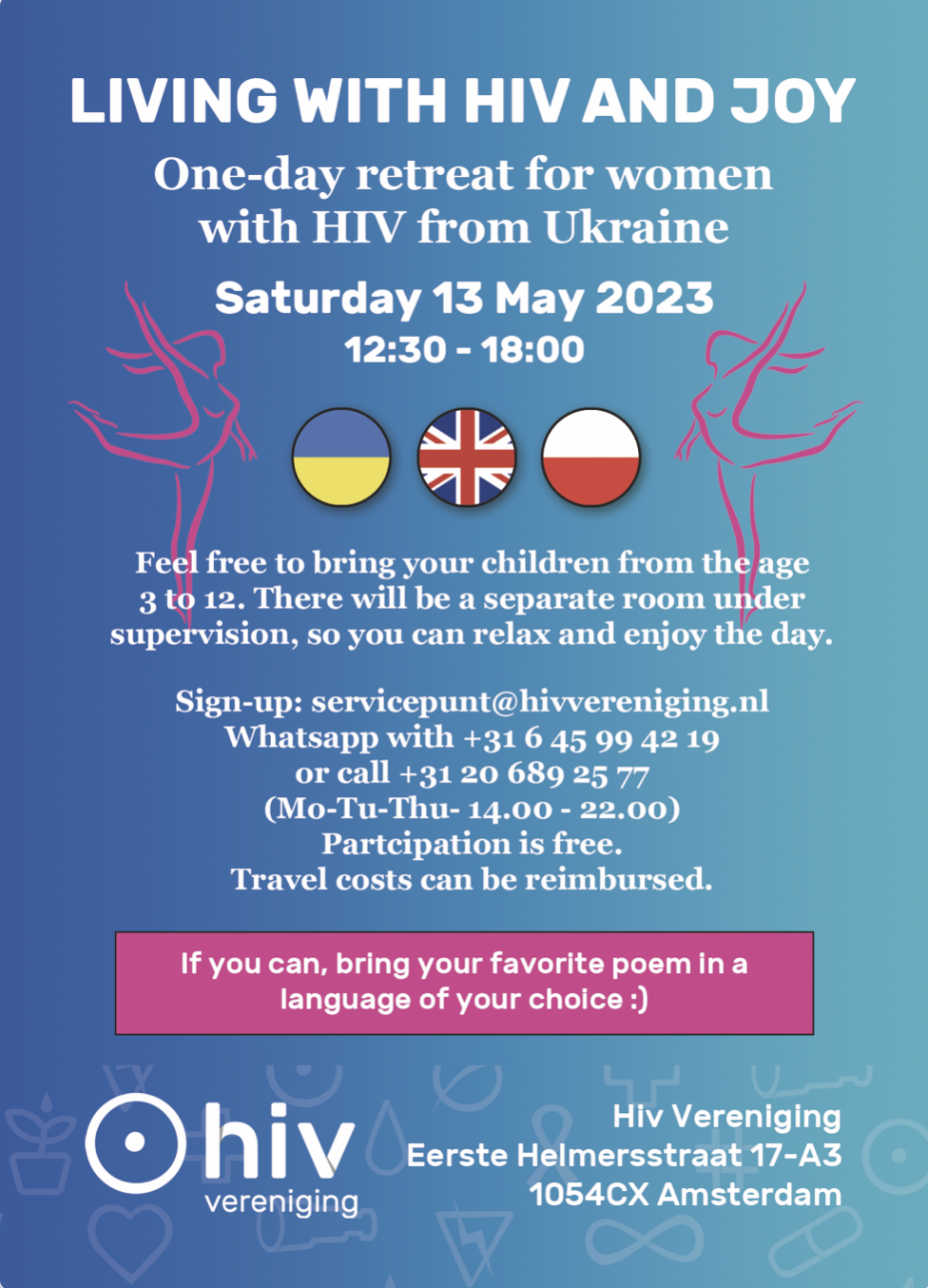
Any more questions?
Contact the Servicepunt at the Hiv Vereniging: Call 020 - 6892577 (Monday, Tuesday and Thursday, 14.00 - 22.00), or send an email to This email address is being protected from spambots. You need JavaScript enabled to view it.. You can also chat via Whatsapp: 06 45 99 42 19
More information
- CAK information for healthcare professionals (regarding reimbursement of healthcare costs)
- Refugee Help (starting point for Ukrainian refugees and anyone who wants to help them [NL - Eng - Ukrainian - Russian])
- Informatie Zorgverzekeringslijn (about how healthcare works [NL - Eng - Oekraïens])
- Information from the Government about Ukraine (about accommodation, finances, paid work, and school)
- Information from the Government about Ukrainians and care
- Information from the Governemnt about interpreter services
- National expertise centre Pharos (in addition to access to healthcare and interpreter services, information about mental health and about services for children)
- Flyers about the risk of becoming a victim of human trafficking and exploitation as a refugee (NL, Eng, Ukrainian)
